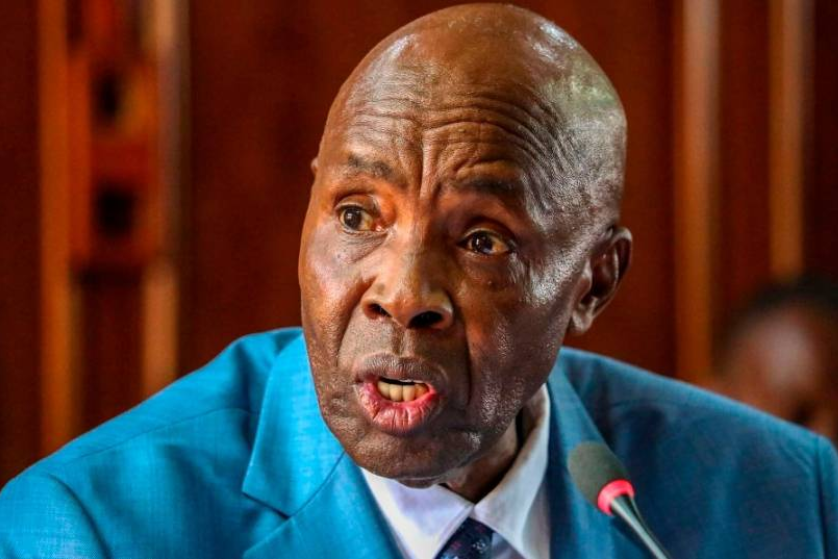- Parents from certain schools deemed to have performed poorly expressed dissatisfaction.
- While their desire for good academic results is commendable, the consequences of extreme reactions can be detrimental to the overall education system.
- TSC withdrew and transferred all government teachers from the affected schools, citing concerns over the safety and security of the educators.
The education sector is witnessing a notable transformation with parents increasingly taking on active roles in education reforms.
While this involvement may stem from good intentions, it is important to acknowledge the potential consequences that can arise from such actions.
Two incidents in Kenya serve as cautionary examples highlighting how parental reactions to academic results can inadvertently hinder progress within affected schools
Following the release of the Kenya Certificate of Secondary Education (KCSE) results, parents from certain schools deemed to have performed poorly expressed dissatisfaction.
In extreme cases, this dissatisfaction escalated into confrontations with teachers and school administrators.
Read More
For instance, at St. Gabriel Isiongo in Kakamega County, the principal was chased out by angry parents who blamed the school for poor performance. Similarly, at Mafuta Secondary in Uasin Gishu County, parents demonstrated and locked the principal out of the school.
Despite parents' genuine desire for their children to excel academically, their actions have adversely affected education in these schools.
In response to the parent's behaviour, the Teachers Service Commission (TSC) withdrew and transferred all government teachers from the affected schools, citing concerns over the safety and security of the educators.
Consequently, the education process in these institutions has come to a standstill unless the respective school management takes proactive measures to address the situation.
While parents' aspirations for their children's success are understandable, the extreme reactions witnessed in these incidents have resulted in the denial of education rights for the students.
The hunger for good results and the ambitious pursuit of academic excellence have inadvertently disrupted the learning environment. Students need access to education, which contradicts the very goal parents seek to achieve.
It is worth noting that the involvement of politicians and local leaders has facilitated parental outrage.
In the St. Gabriel Isiongo case, an elected Member of the County Assembly (MCA) was accused of participating in the confrontation with the school administrator.
Political interests in these situations tend to exacerbate tensions and divert the focus from constructive dialogue and collaboration.
To ensure the best student outcomes, all stakeholders must collectively work toward improved performance, including parents, leaders, teachers, and learners.
Instead of resorting to confrontations and blame games, it is essential to foster dialogue and collaboration.
If any party feels dissatisfied with the academic results, they should engage in constructive discussions to develop new strategies that promote student success.
Leaders, in particular, have a crucial responsibility in championing these dialogues. They possess the influence and authority to bring together all relevant stakeholders and facilitate discussions on finding practical solutions. Leaders can ensure that the education system evolves positively by prioritising continuous learning and academic improvement.
The involvement of parents in education reforms marks a significant shift in the dynamics of the education sector.
While their desire for good academic results is commendable, the consequences of extreme reactions can be detrimental to the overall education system.
All stakeholders must recognise the importance of collaboration and dialogue in addressing concerns and finding solutions that benefit students. By working together, parents, leaders, teachers, and learners can create an environment that fosters academic excellence while upholding the right to education.












